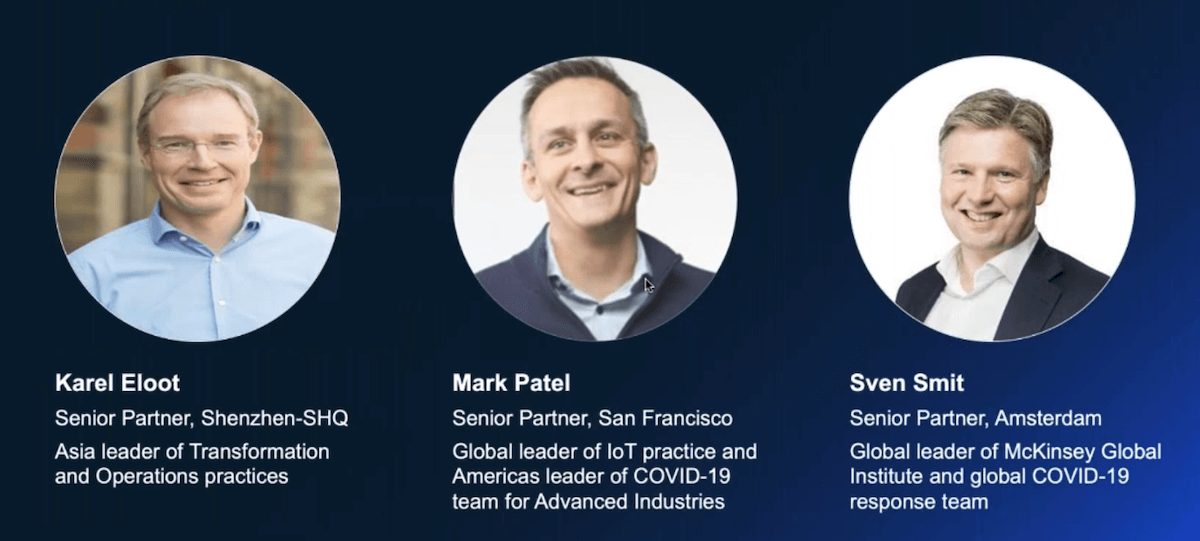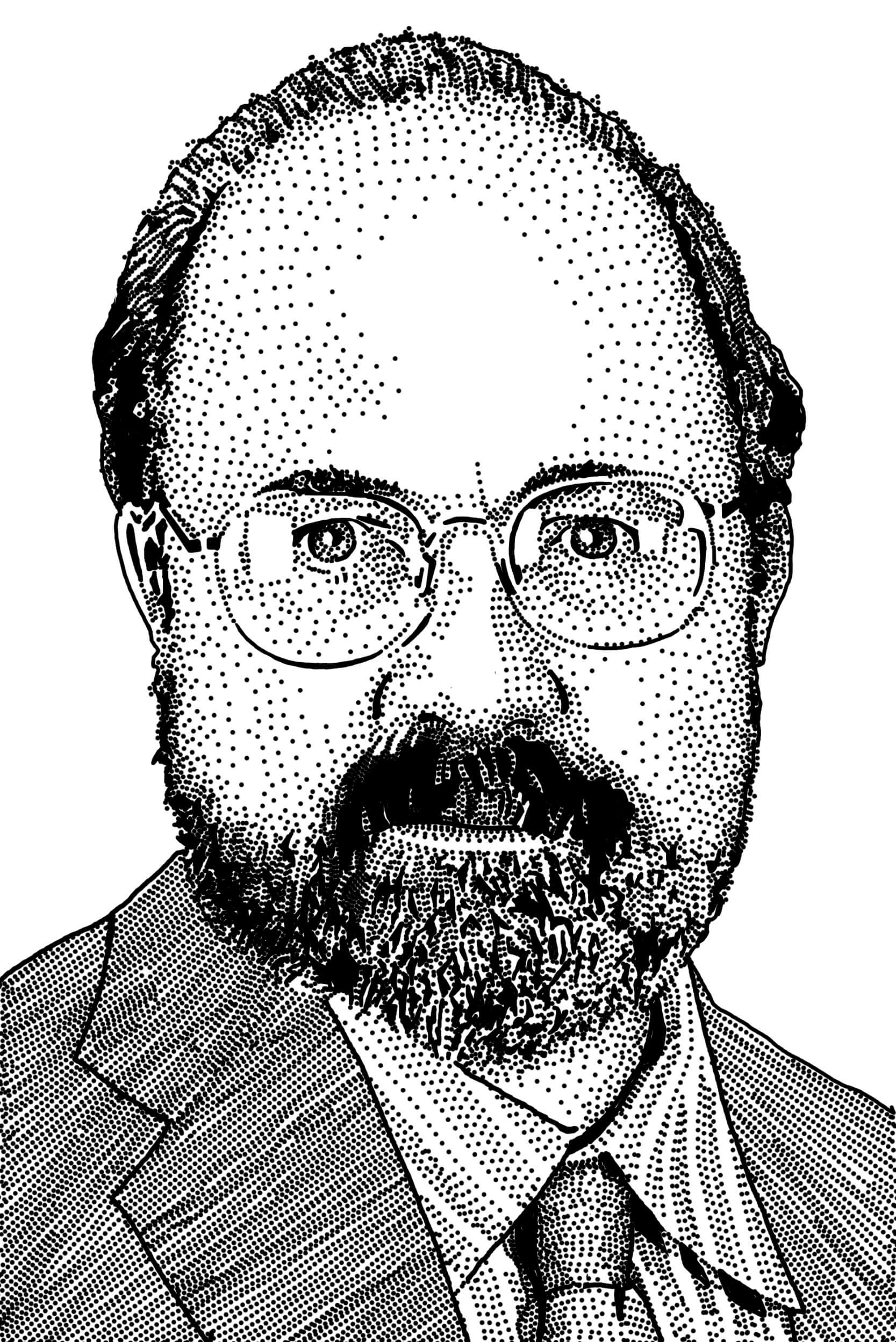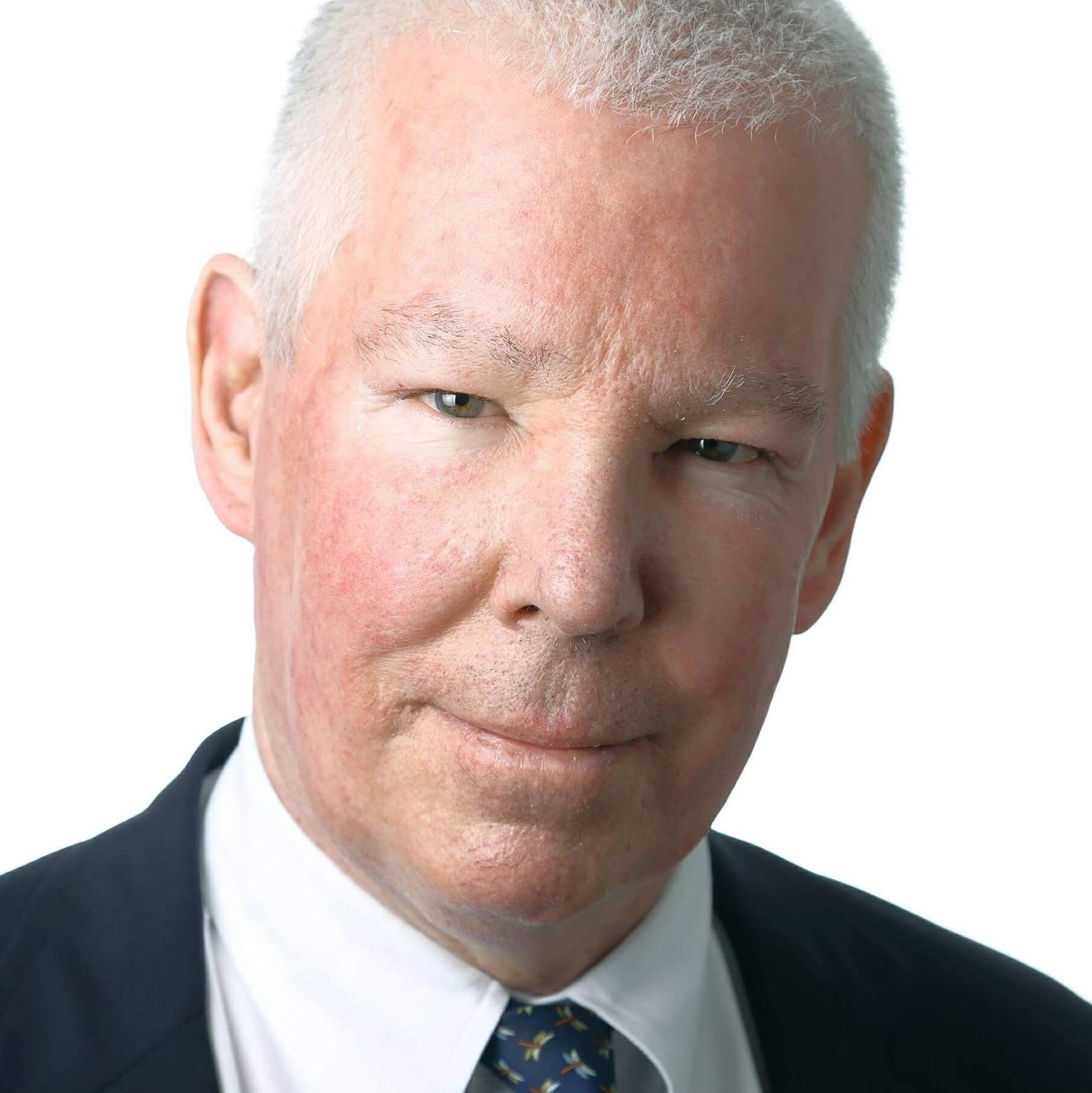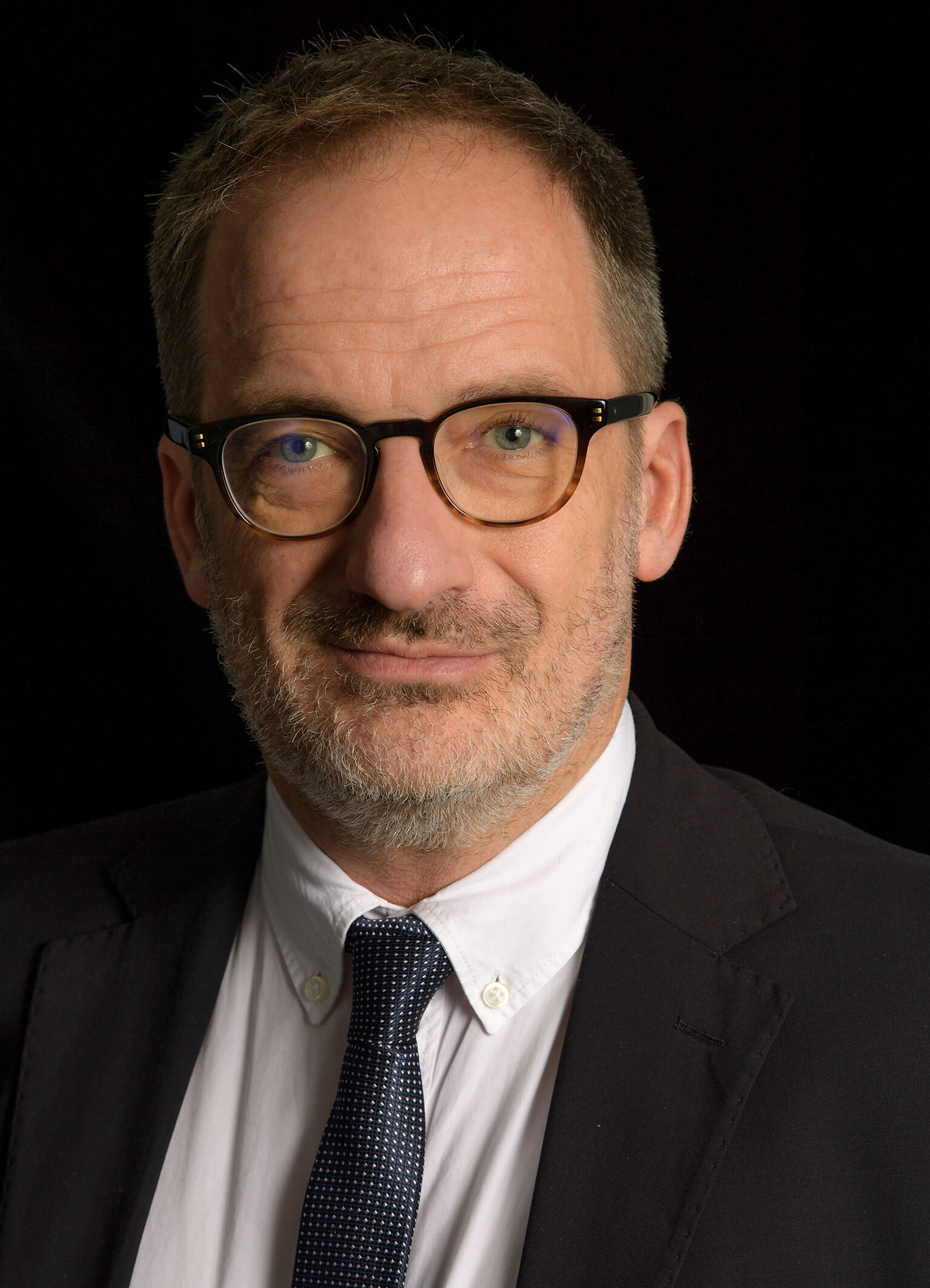In 2002, the first consulting client for my newly founded eda2asic consulting company was Synplicity, located in Sunnyvale. They focused on software for FPGA design and were a clear leader in this rapidly growing field. For about three years I really enjoyed contributing to their success, primarily for three reasons: Kenneth S. McElvain, co-founder, VP and CTO was very creative, flexible and a great listener; the entire team worked very well together; and they followed a very important statement, ascribed to Darwin. It was posted in the main hallway and said: “It is not the strongest of the species that survives, nor the most intelligent. It is the one that is most adaptable to change.”
Covid-19, a very dangerous Coronavirus, started a worldwide crisis and is well on its way to separate species into two groups: The ones adaptable to change and the ones who are held way back by “but we have never done this before”.
The New Normal
SEMI, based in Silicon Valley, represents the interests of the worldwide semiconductor supply chain, from EDA vendors that help translate ideas into production-ready specifications, to manufacturers of components and sub-systems, to system companies that offer user-friendly solutions to improve our lives. SEMI has been organizing, in cooperation with its members, many industry conferences to bring experts from all parts of the supply chain together, to connect, collaborate, and innovate. SEMI also has been driving the creation of industry standards, workforce development, and many other industry topics, until recently primarily in face-to-face events and through SEMI’s informative and wide-ranging website.
The sudden requirements for social distancing and working from home, the destruction of demand (e.g. airline tickets), and other changes have given SEMI the opportunity to show adaptability. SEMI switched quickly to webinars to provide members helpful data and expert advice for managing their businesses successfully towards “the new normal” conditions.
Market Update
On April 23 I had the opportunity to listen to one of these webinars and want to blog about it. The presenters were Ajit Manocha and Heidi Hoffman from SEMI in Milpitas, Mitsunobu (Nobu) Koshiba from JSR in Japan, as well as Mark Patel in San Francisco, Karel Eloot in Shenzhen and Sven Smit in Amsterdam — all three from McKinsey & Company.
Hoffman moderated the webinar and introduced Ajit Manocha, to give the opening remarks. He emphasized that SEMI is preparing to hold SEMICON China in late June, thanks to China’s swift recovery. He also thanked Koshiba-san and the McKinsey team for contributing to this webinar.
Hoffman showed that VLSI Research and SEMI both project for 2020 a 5% drop for electronic products sales, 4% less for IC sales and a 3% decline for semiconductor manufacturing CAPEX versus 2019 but expect growth in 2021. 5G and AI applications will be the primary revenue drivers. Also demand from data centers will grow. However, demand from the automotive, industrial, and consumer segments will remain weak. She also showed results from a worldwide survey in February and April, see East-West differences in Figure 1. It shows that China is clearly on the path to recovery, while Western Nations expect at least four, eight, and even more weeks to get back to “normal” operations
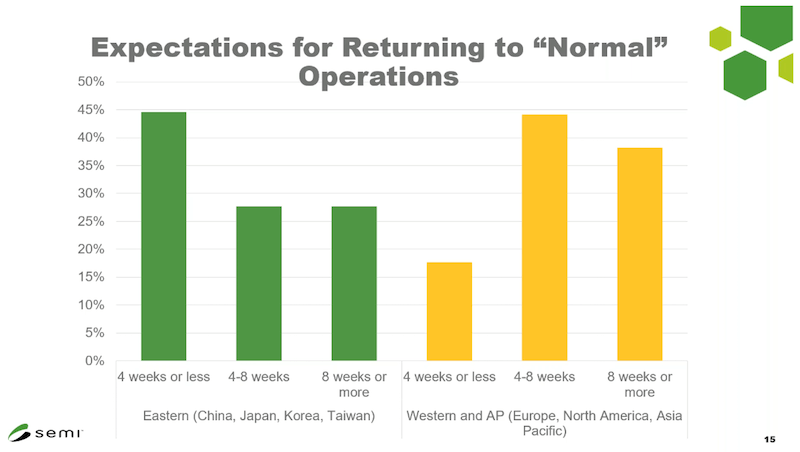
In Other News…
Koshiba-san emphasized: In addition to the worldwide Covid-19 pandemic, we are facing a demand crisis for oil and a lack of global leadership. He also mentioned that exceptionally low interest rates made it easy to get money and warned that the resulting high debt levels will lead to bankruptcies when inflation and interest rates rise again. Having experienced enormous productivity gains, enabled by following Moore’s Law, Koshiba-san expects that even faster productivity gains, enabled by new semiconductor and electronic systems technologies (e.g. AI and Qbits) will allow us to avoid likely troubles ahead. In addition to Figure 2 below, you can find out more about Koshiba-san’s reasoning on his Linked-In page.
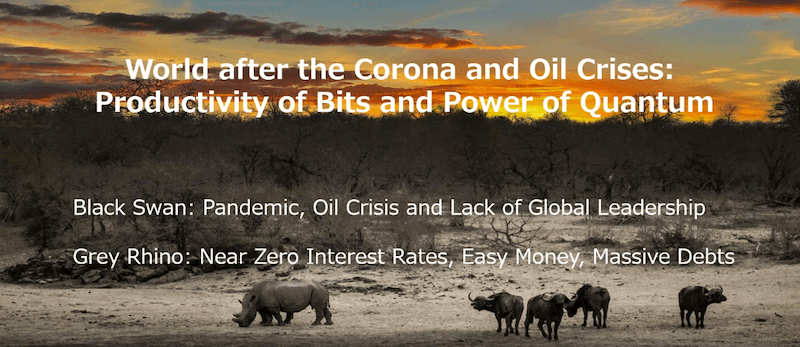
After Koshiba-san’s concerning but hopeful message, Hoffman introduced the team from McKinsey, see Figure 3, to give the audience more information for planning and decision making.
Planning for Recovery
First Karel Eloot shared his experience/observations gained in and around Shenzhen. He confirmed that China is recovering from the Covid-19 crisis. Thanks to social distancing, community separations, contact tracing, and government support, large companies weathered this storm rather well, while smaller entities are still struggling. Now companies measure workers temperature when shifts start, set up plexiglass dividers between workstations, enforce “6-feet apart” seating in meetings and provide sufficient personal protective equipment (PPE) to minimize the likelihood of infections.
Sven Smit and Mark Patel summarized their observations in Europe and North America, respectively. They first discussed survey results from more than 2000 global executives.
- The biggest portion of them, 31% worldwide and even 38% in North America expect that, in spite of effective responses to fight this virus globally, a regional resurgence of infections will delay the economic recovery.
- Considering that easy money in recent years tempted companies to take on too much debt, mergers and acquisitions will increase again.
- For me, the most important take-away was the warning that even when factories are ramping up production again, customer demand may not resume right away, and the economy may not restart as quickly as many of us would like to see. The sudden and deep decline of our economies shocked many people and may discourage them from discretionary spending for some time. Also, many of the laid-off workers may not find gainful employment right away and will not regain their purchasing power.
- In addition, the currently still limited capacity to test may hide the fact that many more people are infected than officially reported. Also, our medical experts still do not know if recovered Covid-19 patients have long-term immunity.
- On the positive side, Smit and Patel highlighted that this pandemic accelerated ongoing trends to establish telemedicine, e-commerce, e-learning, e-meetings, and other productivity-enhancing and lifestyle improving measures.
Covid-19 Recovery Q&A
In the following Q&A portion the McKinsey experts answered questions and offered some tips:
Critical considerations for a company to recover? Think of your people first!
For example, provide PPEs, plexiglass dividers, etc. and communicate with them openly and frequently to make them comfortable again – then they can be productive. Second: Improve your supply chain management. Hold more frequent meetings and consider government regulations.
How do we avoid a resurgence of Covid-19?
Don’t lift lockdowns to early, apply all suppression measures as soon as possible.
Why do we need global leadership?
According to Koshiba-san, it’s because we must discourage countries from setting up trade barriers and becoming protectionists and isolationists. Such measures will delay the recovery, just like they did in the 1930s.
What industries are most affected by this downturn?
Automotive companies were already suffering before the crisis and are now in even bigger trouble, because of continued demand destruction. Airlines and hotels are also very challenged. On the positive side: Technology companies profit from the increasing demand for productivity-enhancing equipment.
After thanking all the speakers, SEMI’s CEO, Ajit Manocha, emphasized:
- SEMI will continue this webinar series, the next one will be on April 30, 8.30 am. Register here.
- SEMICON China in Shanghai will be held as planned on June 27 -29. See the details here.
- SEMI is here to contribute to your recovery. Call your SEMI contact.
- Together we’ll get through it.
My Opinion
As a part-time consultant, I have the luxury to follow radio and TV news reports closely, read a lot about global and regional events, and stay in touch with friends. I admire the many great leaders we have in local and regional governments, as they minimize Covid-19 damage in their spheres of influence. At the same time, I am shocked about the many weak spots the U.S. already had before the crisis and are now become very visible. I hope this pandemic will encourage decision-makers to address weaknesses in areas under their control to avoid A: a second, third, wave of this pandemic, and B: a repeat of such a sudden and deep economic decline.
Thanks for reading…Herb
To get much more in-depth information than this brief blog can provide, please Listen to the webinar here.



